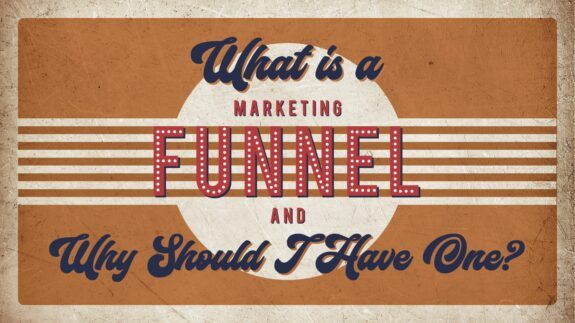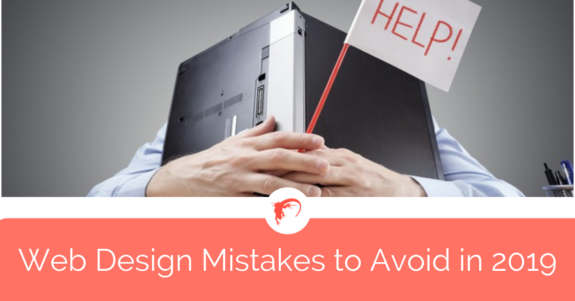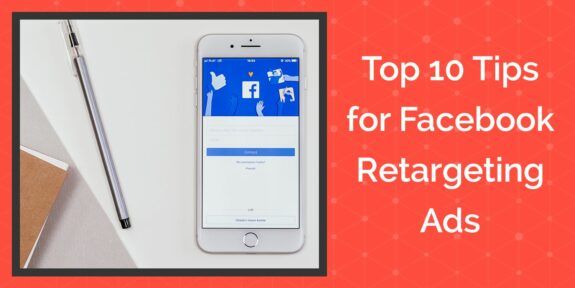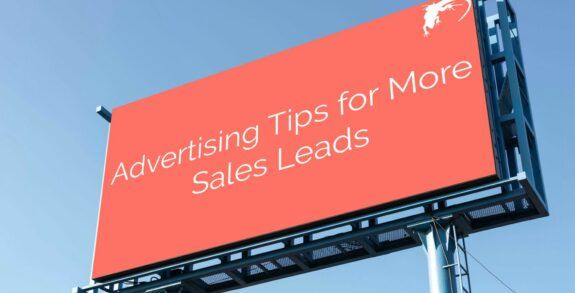What is a Marketing Funnel and Why Should I Have One?

What is a marketing funnel and why should you have one? Those are two good questions to ask, for people who are not familiar with a funnel and how it can benefit a business. As a top digital marketing company, we wanted to discuss marketing funnels and the value they bring to an online sales operation.
For most businesses that operate online, a marketing funnel is an important concept that combines marketing concepts with website design to help drive traffic, engage visitors, convert visitors, and help build a brand. Without an effective funnel in place, even with amazing products or services, conversions can be hard to come by.
What is a Marketing Funnel?
Most people are familiar with the idea of a funnel. It is a specific shaped object that is wide at the top and narrows as it reaches the bottom. They have been used for centuries to help guide liquid or powder into a small opening.
For marketing, it is a similar concept where the top of the funnel represents the start of a customer’s journey and the bottom of the funnel represents a conversion, which is often a sale. Between the top and bottom are the different stages a prospective buyer goes through on their way down towards a conversion.
Conceptually it is a combination of marketing and sales that starts with lead generation, moves to lead nurturing, and ends with a conversion. The term funnel is used because the number of visitors decreases the further along the journey (or down the funnel) they go.
Marketing campaigns of all types, including SEO, ads, social media, email marketing, content marketing, etc. helps direct people to a website, which represents the top of the funnel. This is often called the Awareness stage where a business attracts its target audience. From there the focus moves into the lead nurturing phases which focus on Interest and Evaluation, where you showcase a viable product or service that helps solve a problem or fixes a pain point.
The funnel shifts into more of a sales focus at this point with the Consideration phase which is where a business convinces a customer that their product or service is the solution they need. Finally, the funnel ends in the Conversion stage where a compelling reason to buy is made, such as including free shipping or using the concept of scarcity to encourage a purchase because there are only a few items left.
Funnels are used in all types of businesses from Amazon, the Godzilla of online sales, to a brick-and-mortar clothing shop. They can be used in different ways and a website can have multiple funnels to better help move people through a specific website flow.
Why do Businesses Need a Marketing Funnel?
There are several reasons a business should be using a marketing funnel:
- You can see where you lose customers – A funnel report utilizes analytics to provide useful data on your sales funnel. With this reporting, you can see exactly where in the sale funnel, such as Awareness or Consideration, potential customers are dropping out of the process. This, in turn, provides a starting point to review exactly what is going wrong in that stage. Rather than just saying, “Our conversions are low,” you can pinpoint pain points in the process and look to resolve them.
- You can find leaks – All funnels leak. It has to do with its shape. However, some areas are leakier than others which can reflect a problem in your process. This is different compared to just losing customers in a particular spot in the funnel. While some people will never buy or be interested no matter what you are doing, in other cases there are leaks happening because of other factors such as a loss of keyword rankings or a reduction in traffic from a social media site due to a change in their terms of service.
- Funnels help with retargeting – When visitors visit your site and you use cookies to track them, you can use that information to help with retargeting. By having the important framework that a funnel provides, you can better understand possible reasons why people leave based on where they were in the funnel when they did leave. This will allow more specific retargeting that should have a higher rate of effectiveness.
- They are supported by Google – Google Analytics offers funnels. That is a big benefit because along with being free, GA is one of the best tools available for analyzing website information. You can use the Goal function to help set up funnels for reporting on things such as conversion rate or abandonment rate along with using advanced segmentation to understand visitor groups.
The Bottom Line
By now you should know the answer to the question of, “What is a marketing funnel and why should I have one?” The bottom line is that a marketing funnel is a crucial tool that provides a framework for the customer journey that not only allows you to better understand it but also improve upon it which benefits your customer’s user experience as well as your overall conversion rate.
Be sure to check back every week for great new Lounge Lizard blog articles.





